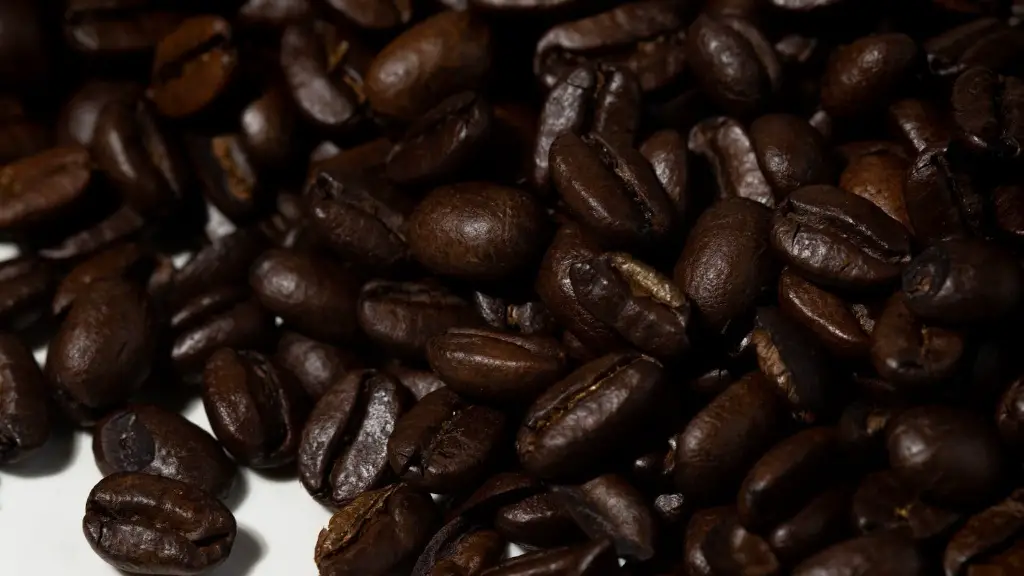Tooth Extraction and Coffee Consumption
Having a tooth extracted is a medically necessary and often unpleasant experience, but proper post-extraction care and healing have the potential to lessen both physical and psychological discomfort.
One of the most important aspects of a successful recovery from tooth extraction is knowing when and what foods you can eat. In particular, knowing when it is safe to drink coffee is a popular inquiry among individuals who have had a tooth extracted. But just how soon after an extraction can you safely have a cup of coffee?
According to most dentists, it is best to wait at least 48 hours before consuming any food or liquid, and this includes coffee. This is to give your body the space and time it needs to begin the healing process uninterrupted by beverage consumption.
In addition to the recommended wait before drinking coffee, there are also other restrictions you must consider. For example, hot beverages can aggravate the wound left by the extraction, and should be avoided as much as possible during the healing process. This means that, even if you feel up to drinking coffee on the 48-hour mark, an ice-cold cup is a much better option than a steaming hot one.
Dentists also advise against drinking coffee through a straw, as the suction could tear your stitches, or pull the blood clot from the gap created by the extracted tooth. If a trace of the extraction wound is still visible after the 48-hour waiting period, it is recommended that you wait another 24 hours prior to consuming coffee through any means.
Apart from the physical restrictions, there are also psychological or emotional restrictions to consider. It may not be advisable to drink coffee if you’re feeling an excess of anxiety or stress after the extraction. Such feelings can interfere with the healing process, and if left unchecked, can lead to complications.
Therefore, in determining whether you are well enough to drink coffee after tooth extraction, your safety and wellbeing should be the first priority.
Cleaning the Extracted Tooth Wound Site
Before you make the decision to sip a cup of coffee after a tooth extraction, it is important to make sure that you’re taking the right steps to clean and maintain the area around the site of the extraction.
Your dentist or oral surgeon may recommend that you brush and floss gently around the area, so it is important to have the right supplies on hand. It is best to use a soft bristled toothbrush, and non-alcoholic mouthwash, as hard brushing and alcohol can damage the area and affect the healing process.
In addition, it is also important to change your toothbrush every 3 to 4 days, as old bristles can contain bacteria that may reintroduce infection to the wound.
Gently rinsing with warm salt water after eating can also be helpful to clean and maintain the wound site, as well as to reduce any discomfort caused by food particles. It is important to note that salt water is the only kind that can provide temporary relief, as rinsing with cold water may not provide the same results.
It is also important to avoid swishing and spitting with too much force, as doing so can potentially cause damage to the wound.
Signs of Infection Following a Tooth Extraction
Even if you take all the right steps to protect and promote healing of your extracted tooth wound site, it is possible that you may still experience signs of infection. Such signs include bad breath, facial tenderness, fever, swelling, or other forms of discomfort in the area.
If you experience any of these changes, it is important to contact your oral surgeon or dentist right away. They may recommend rinsing the site with an alcohol-free antiseptic rinse, and this can be done once the 48-hour waiting period has passed.
Sometimes, oral antibiotics may also be prescribed, and you should take the full dosage as prescribed. Some symptoms of infection may take several days to resolve, so it is important to remain patient and allow your body the time it needs to heal.
Pain Management After Tooth Extraction
It is normal to experience varying levels of pain both during and after a tooth extraction, and managing pain following the extraction is a crucial part of the healing process. Painkillers and other forms of medication can help reduce any discomfort you may feel after the extraction, so it is important to take the medication as instructed.
Reducing stress, drinking plenty of fluids, and resting after tooth extraction can also aid in the recovery process. Smoking tobacco, however, should be avoided, as nicotine can cause blood vessels to become constricted and interfere with the healing process.
Dietary Considerations Following a Tooth Extraction
Your dietary choices immediately after a tooth extraction are just as important as the choices you make while the wound is healing. Eating balanced, healthy meals rich in fruits, vegetables, and proteins can provide your body the nourishment it needs to optimise the healing process.
Avoiding the consumption of hard foods, such as corn on the cob, for several days after the extraction can also help protect your wound.
When Can You Resume Exercise?
After a tooth extraction, it is important to avoid participating in any intense physical activity, including any type of exercise, for at least 48 hours.
Although rest is a key component of the healing process, light exercise is recommended once your body begins to feel the effects of the extraction. Low-impact exercises such as gentle walks can help promote circulation, and reduce the risk of complications due to scar tissue.
Follow-Up Care After Tooth Extraction
Immediately following the extraction, it is important to attend any follow-up care recommended by your dentist or oral surgeon. This is to provide an opportunity to assess the wound site and ensure that the healing process is going as anticipated.
It is important to keep in mind that it may take several weeks for the extraction area to completely heal. During this time, regular dental check-ups may be necessary to prevent any complications from arising.





